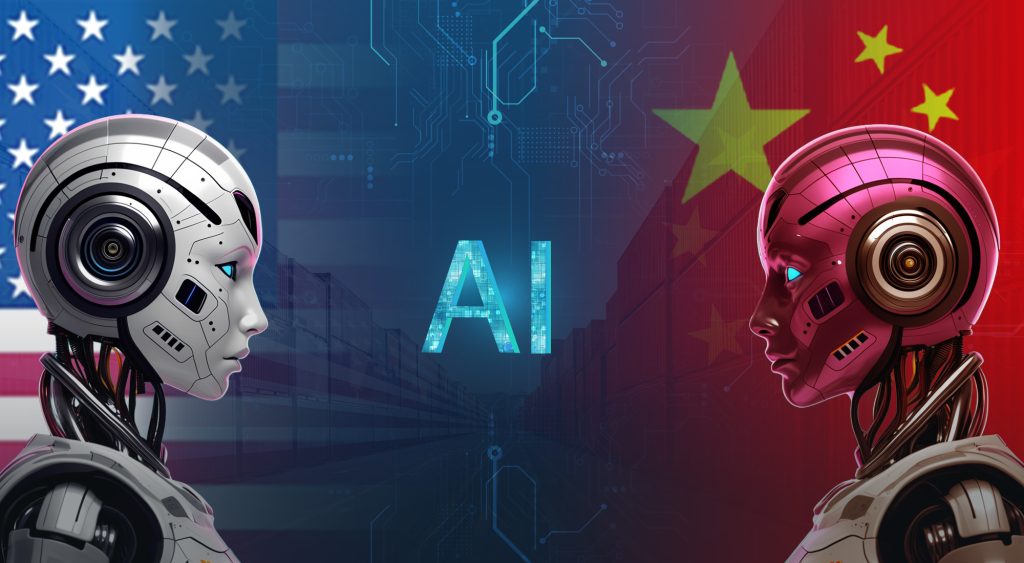Artificial Intelligence has moved beyond the boardroom and the laboratory—it now sits at the very center of governance in the world’s most advanced economies. For first-world nations, AI is not just a tool for innovation; it is a lever of power, a silent strategist guiding decisions that shape policy, security, and the daily lives of citizens. What was once speculative fiction has quietly become a matter of statecraft.
In the realm of public administration, AI is streamlining efficiency at levels previously unimaginable. Governments are using it to analyze vast datasets, predict economic shifts, and allocate resources with surgical precision. From managing tax systems to forecasting infrastructure needs, AI reduces bureaucratic delays, eliminates inefficiencies, and saves billions—delivering governance at the speed of data.
Security has emerged as another frontier. Intelligence agencies in the West now deploy AI to monitor threats in real time, scanning patterns of communication, satellite feeds, and financial transactions for anomalies. What once required armies of analysts is now achieved in seconds. In an era of cyber warfare and global instability, this machine-driven vigilance offers governments an advantage that human capacity alone could never sustain.
Public health has also been transformed. During the pandemic, AI models were used to predict infection surges, optimize vaccine distribution, and manage hospital capacity. Today, these systems continue to monitor everything from mental health trends to the spread of seasonal diseases, offering governments insights that allow for faster, more proactive responses. The luxury of foresight has become a national asset.
Yet governance is not only about safety and efficiency—it is also about control. AI-driven surveillance systems, facial recognition technologies, and predictive policing are being deployed across major cities. While they promise security, they also raise urgent questions about privacy and freedom. In the wrong hands, such technologies risk creating societies where every move is tracked, every action anticipated, and dissent quietly neutralized.
For citizens of first-world nations, AI in governance often feels invisible—an unseen force that approves benefits, determines traffic flow, or decides loan eligibility. But behind this invisibility lies enormous influence. The algorithm does not campaign, but it shapes elections by curating what information citizens see. It does not debate in parliament, but it can determine the outcomes of debates by supplying data that sets the agenda.
The future of governance is thus a delicate balance. AI offers the promise of states that are faster, smarter, and more efficient than ever before. But it also carries the peril of power concentrated in systems few understand and fewer can control. For first-world nations, the challenge is not only to harness AI for progress but to ensure that, in doing so, they safeguard the democratic principles and human freedoms that define their societies.
